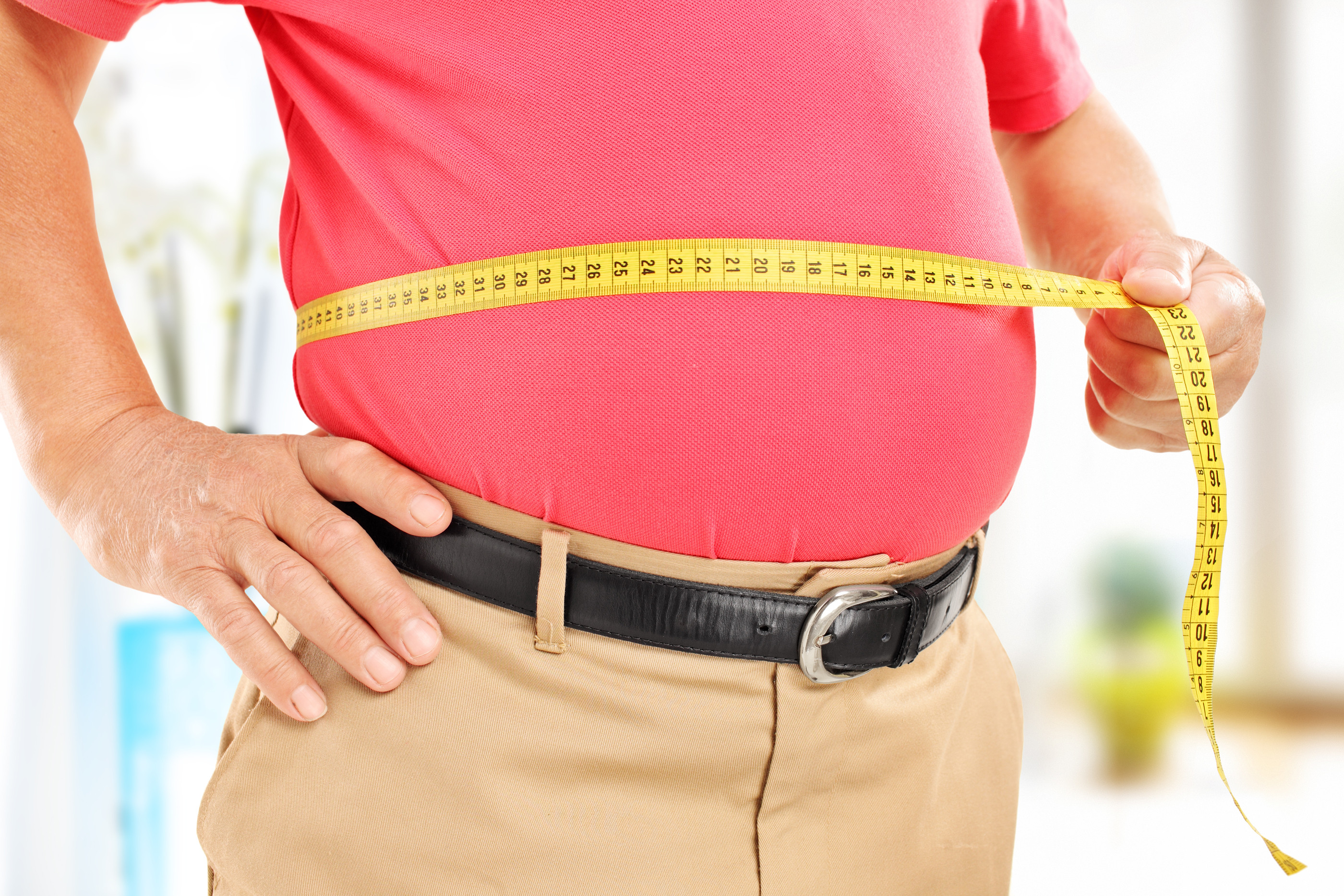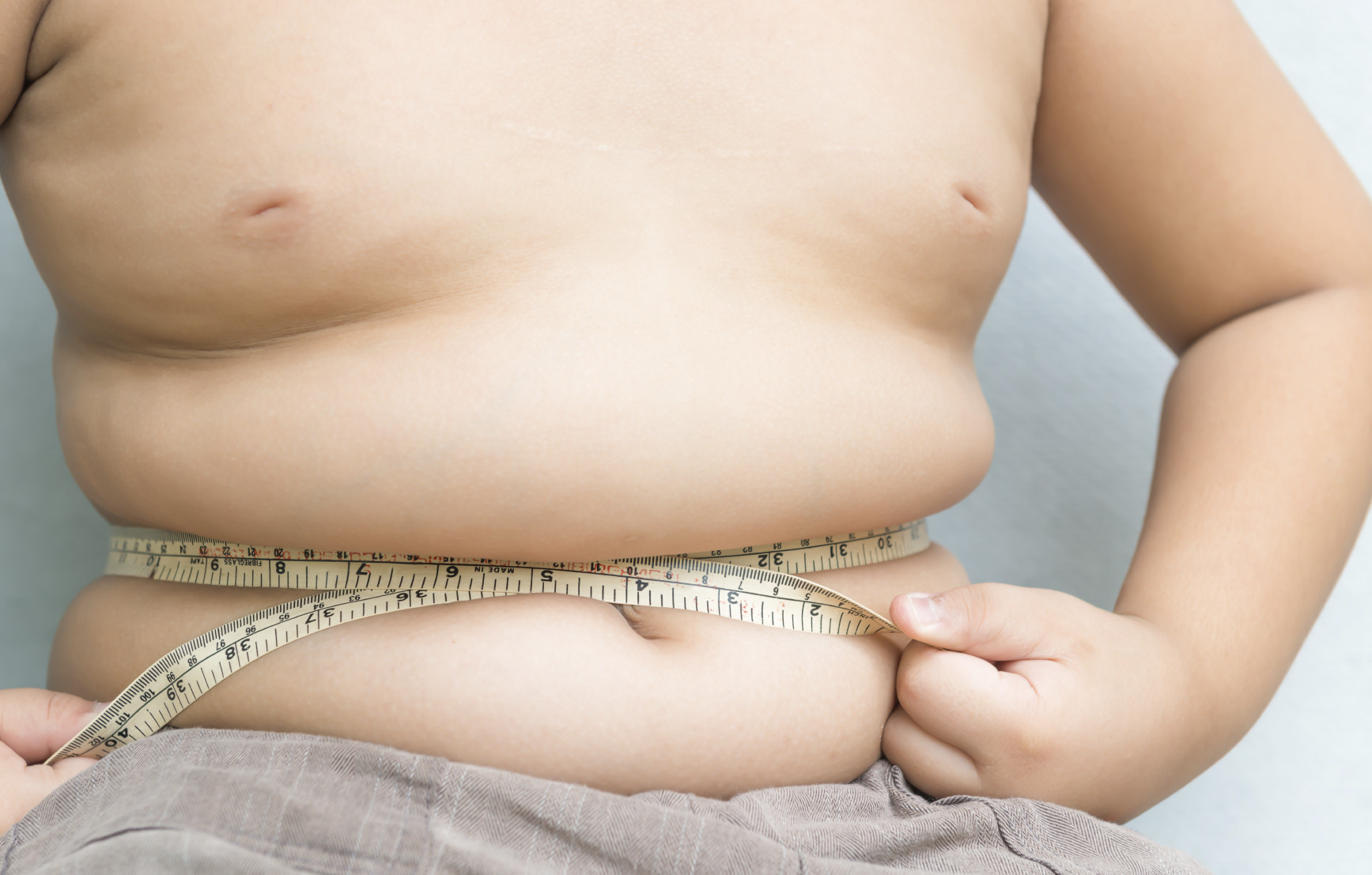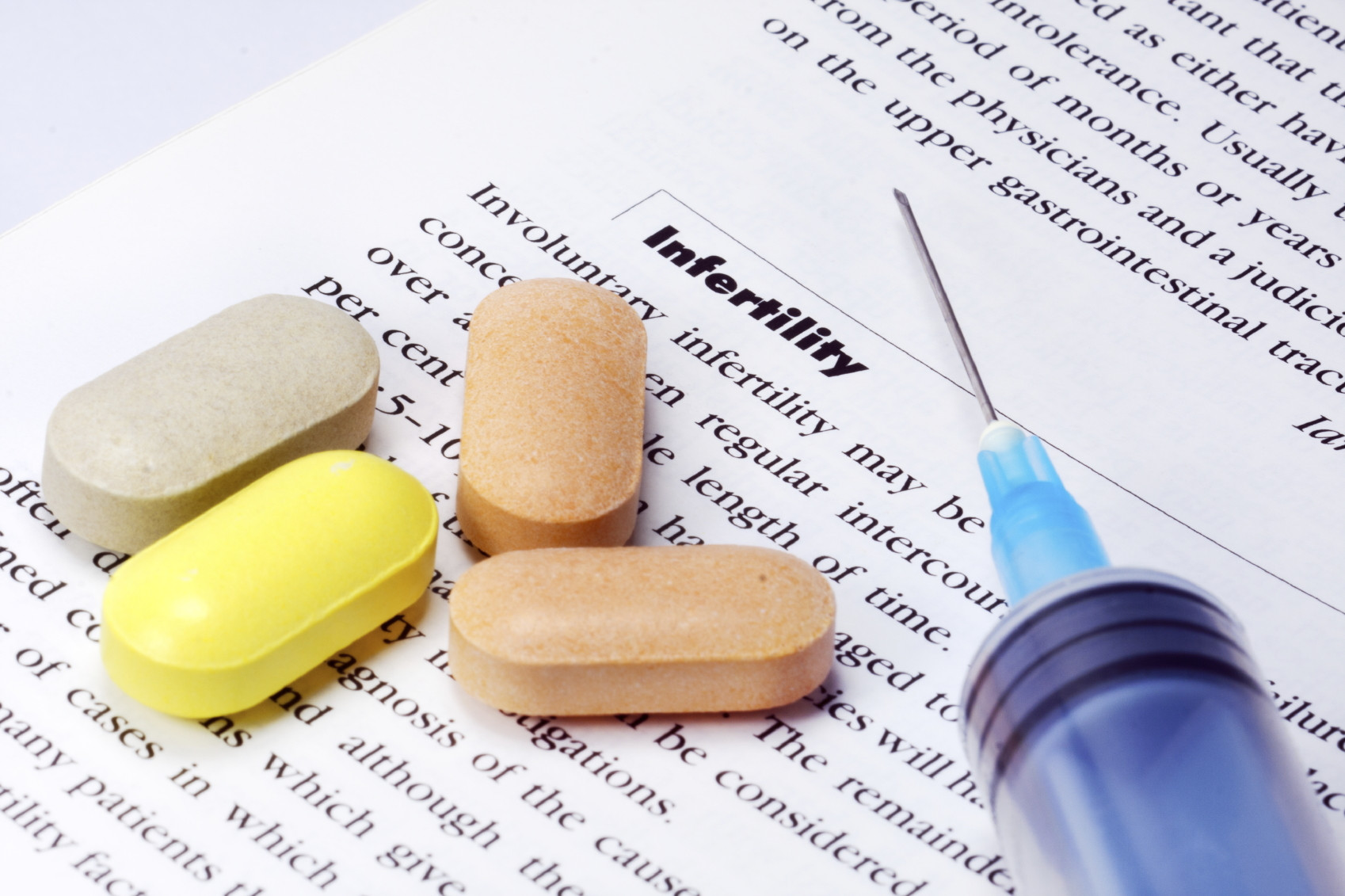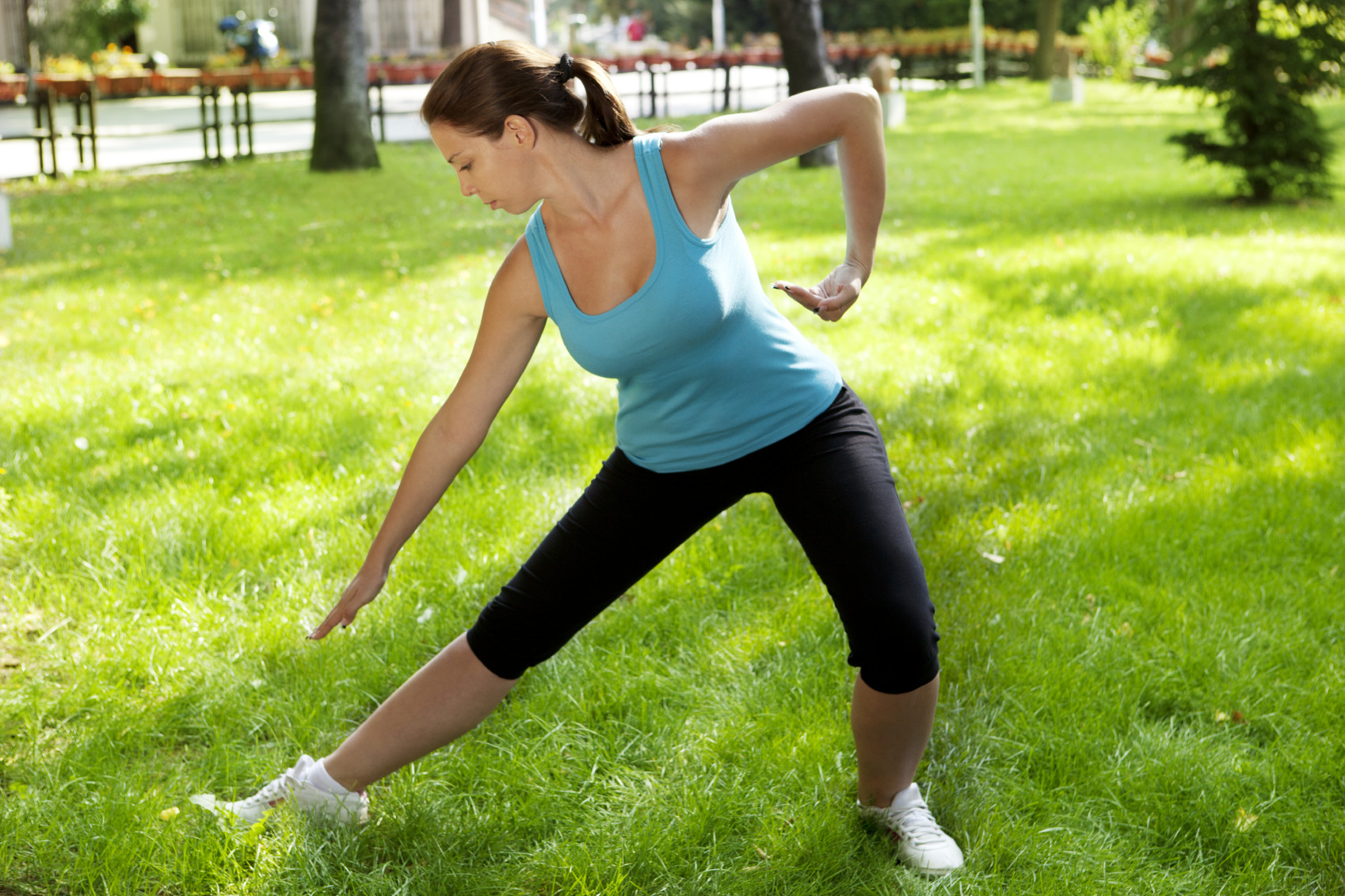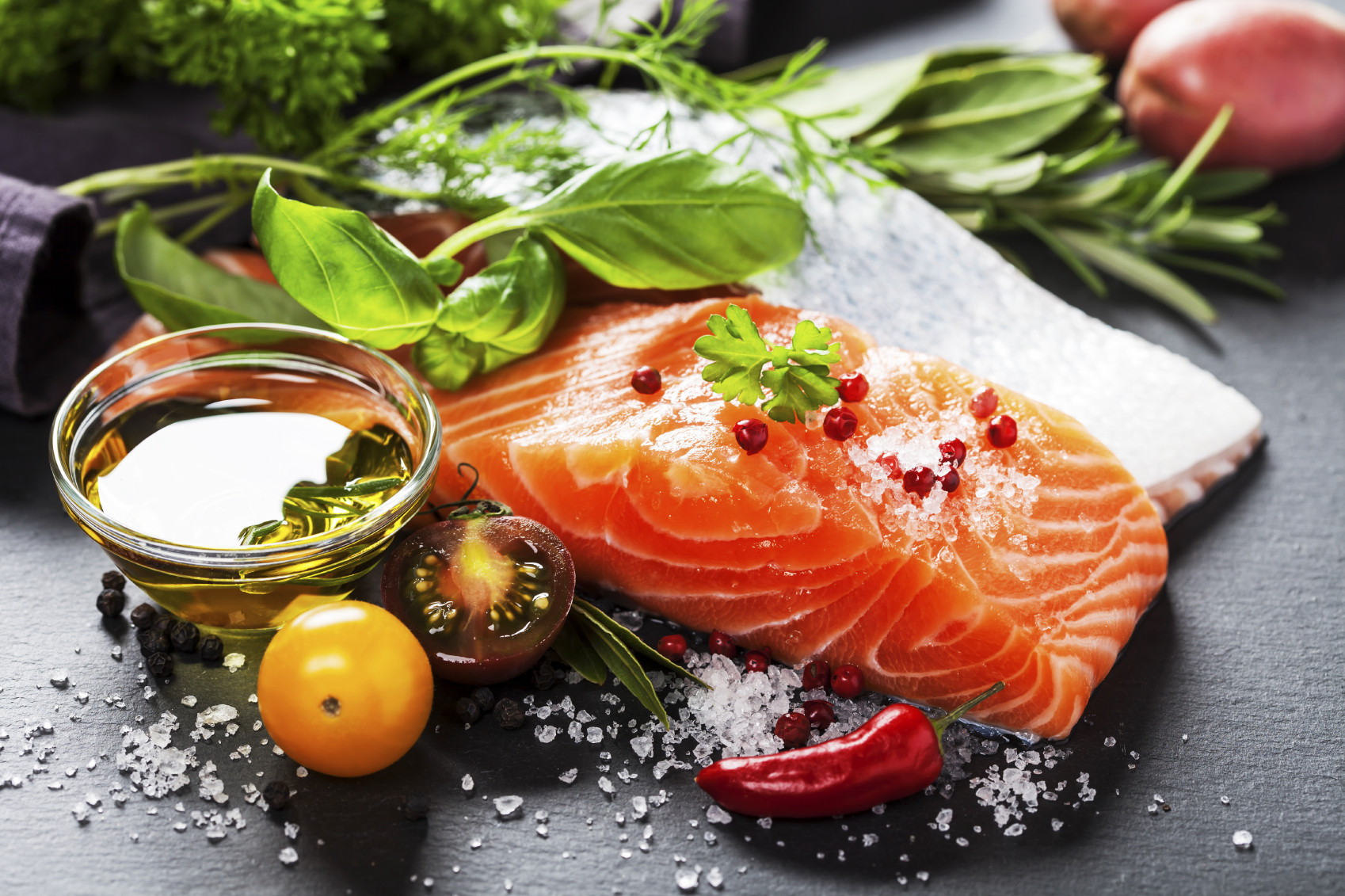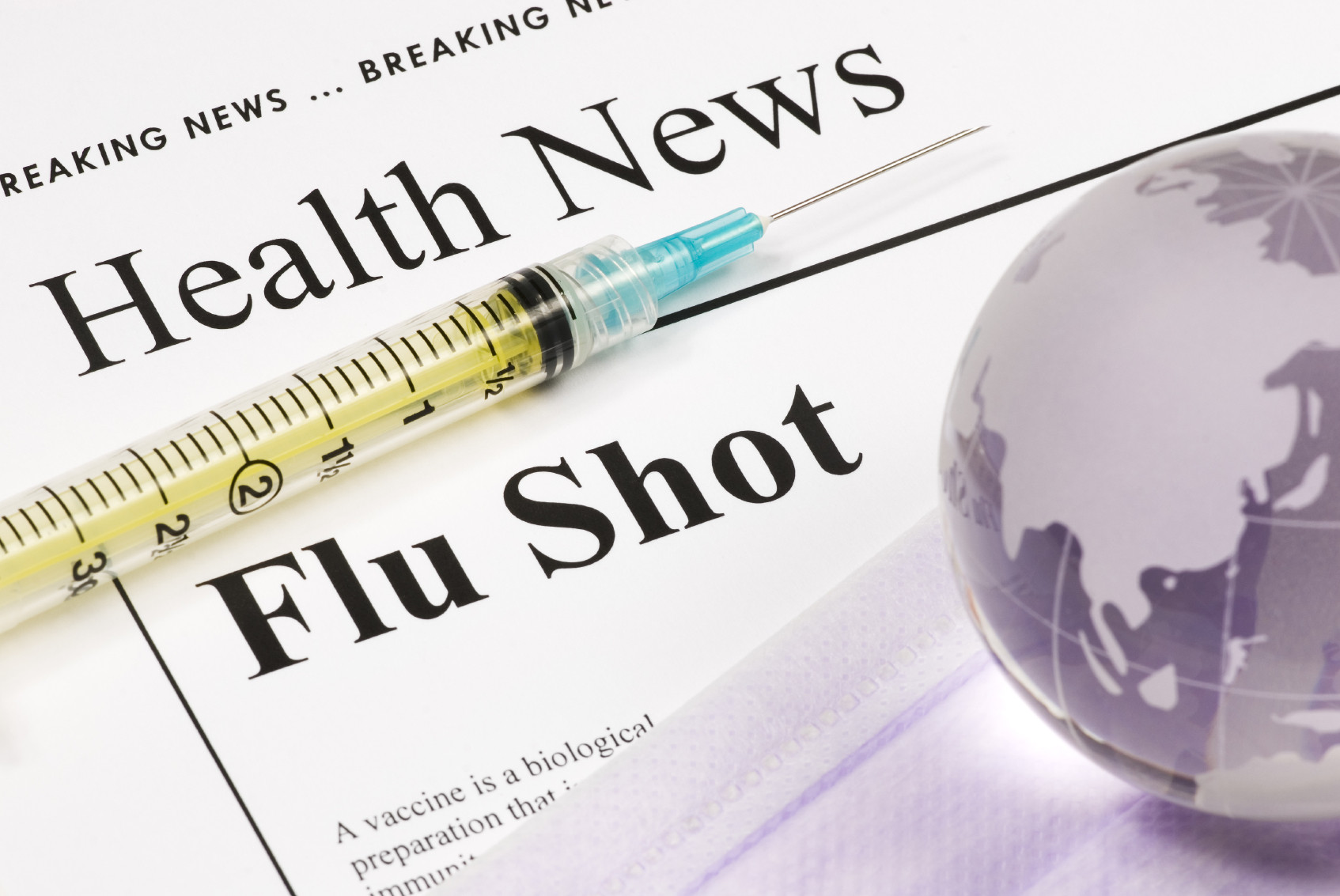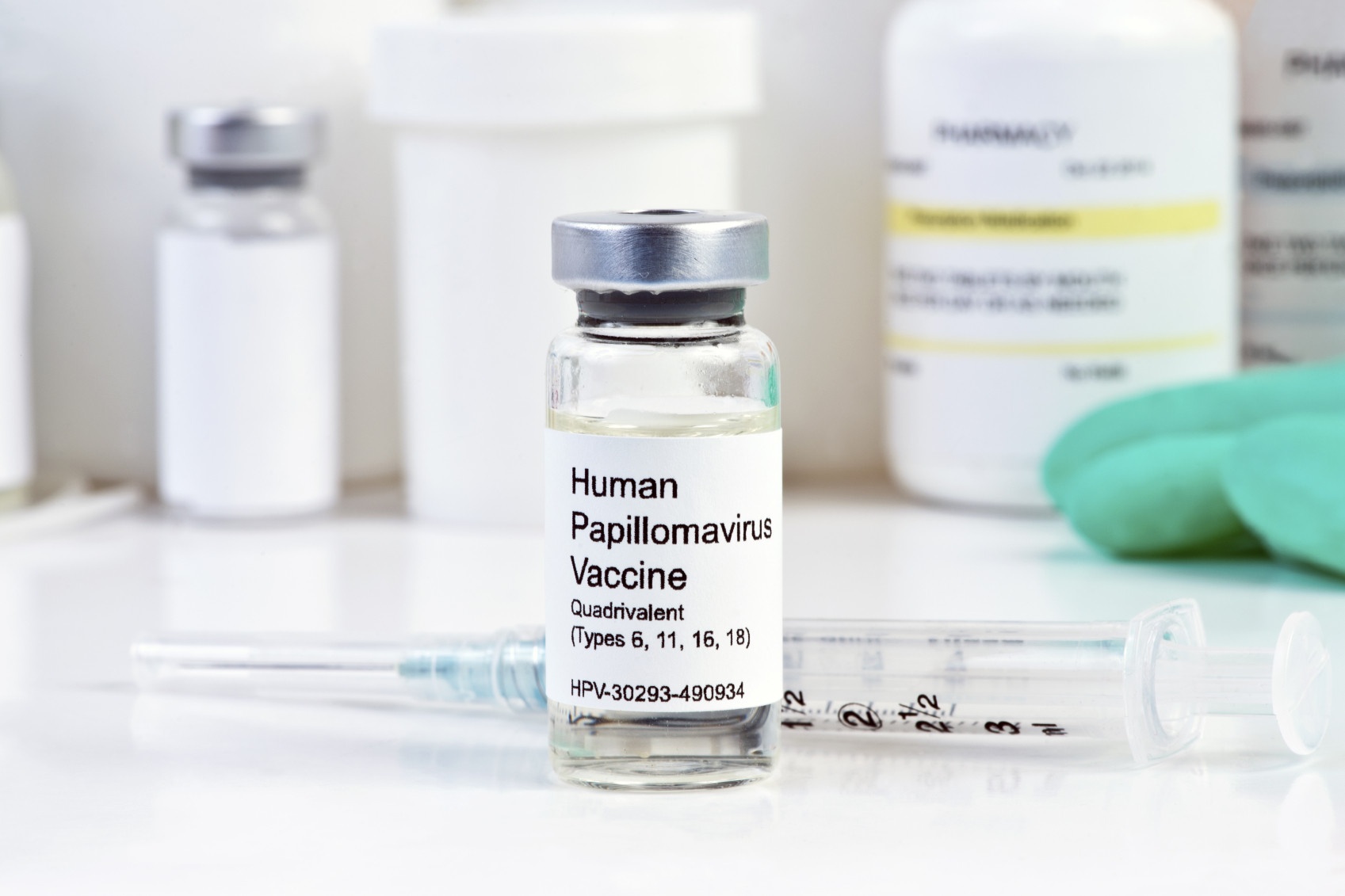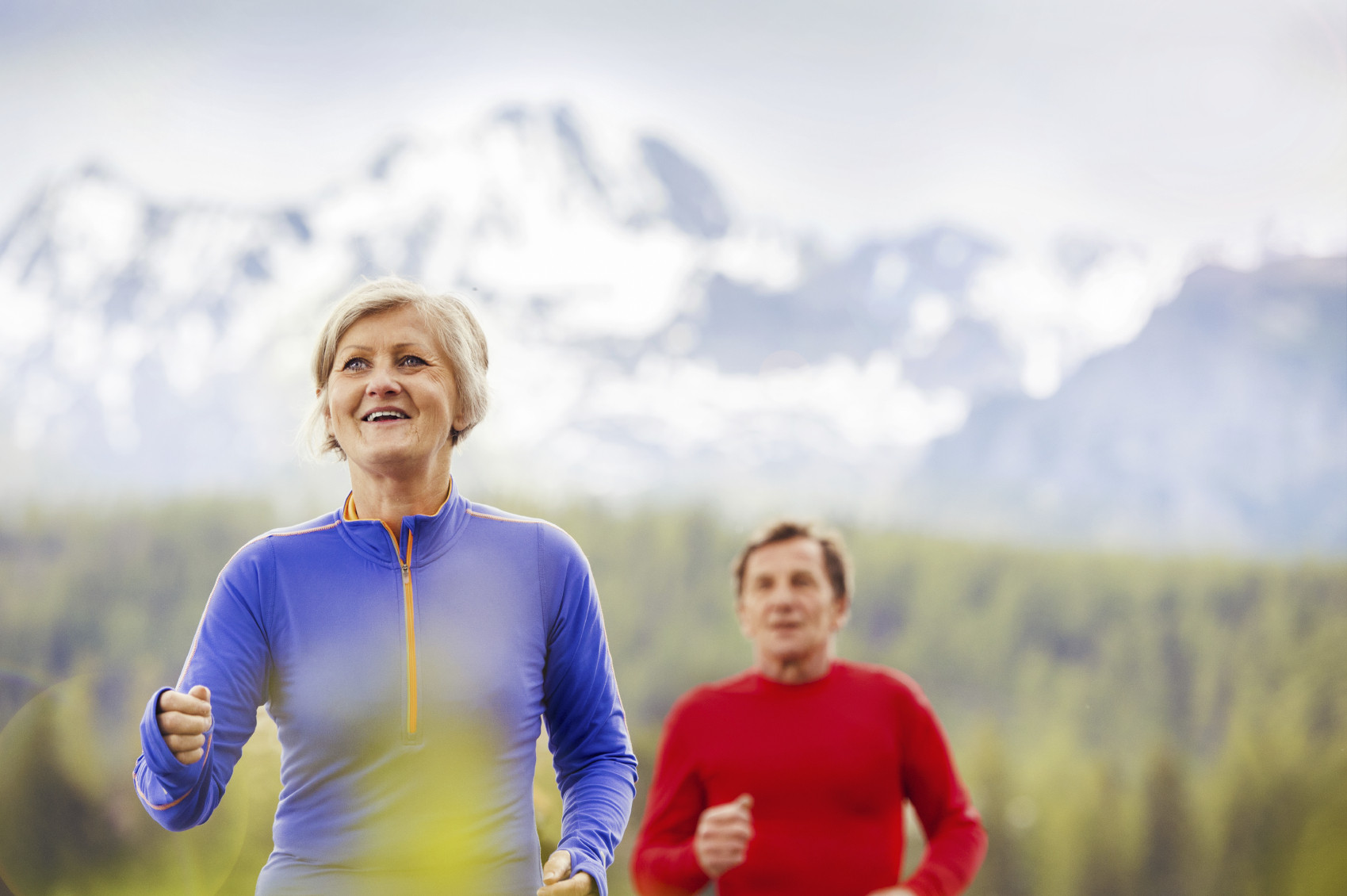
Less butter, more plant oils, longer life?

Healthier planet, healthier people

Counting steps is good — is combining steps and heart rate better?

Appendix pain: Could it be appendicitis?

Can saw palmetto treat an enlarged prostate?

How does Ozempic work? Understanding GLP-1s for diabetes, weight loss, and beyond

Zinc: What it does for the body, and the best food sources

Respiratory health harms often follow flooding: Taking these steps can help

Tips to leverage neuroplasticity to maintain cognitive fitness as you age

Can white noise really help you sleep better?
Harvard Health Blog
Read posts from experts at Harvard Health Publishing covering a variety of health topics and perspectives on medical news.
Articles
Too little sleep and too much weight: a dangerous duo
Americans are sleeping less and weighing more. Science tells us this is no coincidence. Inadequate sleep can contribute to weight gain in several ways, including altering levels of the hormones that control appetite and fullness and setting off a chain reaction of poor habits that can increase the risk of weight gain and obesity. Sleep is proving to be as important to health as good nutrition and regular exercise.
A mindful worker is a happier worker
The mental health benefits of mindfulness meditation include greater engagement in your daily activities and a more positive outlook — which can in turn improve your concentration and sense of well-being. But can mindfulness practice really help employees’ mental health? A recent study says yes. Workers participating in mindfulness training found they experienced less stress, anxiety, and depression; improved sleep; fewer aches and pains; and fewer problems getting along with others.
Low-nicotine cigarettes may help determined smokers cut back
A study examining the effects of low-nicotine cigarettes on smoking behavior yielded surprising results. The study volunteers who smoked the low-nicotine cigarettes actually smoked less and had fewer cigarette cravings than those who smoked cigarettes with a higher level of nicotine. Although more research is needed before we can draw any conclusions, it’s possible that very-low-nicotine cigarettes might be a way to mitigate the health dangers of smoking for people determined not to quit.
Why some parents don’t follow the “safe sleep” recommendations for babies
The very thought of losing a baby to sudden infant death syndrome (SIDS) is terrifying. Safer sleeping practices for infants have greatly reduced the number of babies lost to SIDS, but many parents are unclear on the reasons behind these recommendations and therefore often don’t follow them. The safest way to put your baby to bed is: on the back; in a crib, minus blankets, bumpers, and stuffed animals; and with a pacifier. Another critical factor is maintaining a smoke-free home and family.
“Not Again!” — When UTIs won’t quit at midlife
Urinary tract infections (UTIs) occur in women of all ages. Physical and hormonal changes can leave women at midlife particularly vulnerable. No woman should have to put up with the inconvenience and discomfort of recurrent UTIs. Self-help measures can be effective, but if they don’t do the trick, see your doctor. He or she can identify and treat any underlying problems and recommend other strategies to keep UTIs at bay.
Treating unexplained infertility: Answers still needed
One of the most common treatments for unexplained infertility is ovulation induction, in which a woman takes drugs that will increase the number of eggs the ovary releases in the hope that at least one will result in a pregnancy. But when too many eggs are available for fertilization, the rates of high-risk multiple pregnancies go up. A recent study compared three drugs used for ovulation induction and found that the one more likely to result in a live birth was also more likely to result in a multiple pregnancy (twins, triplets, or more). The options for treating unexplained infertility remain less than ideal, but careful choices mean that the pregnancies that do result will be safer for moms and babies.
Tai chi can improve life for people with chronic health conditions
Tai chi has become popular in the United States in recent years, thanks in part to growing evidence for its many health benefits. This ancient Chinese exercise not only improves balance and flexibility, it may prevent falls, ease pain, and even help your heart. A recent analysis of 33 studies of tai chi suggests that doing tai chi can help older adults with common, long-term health conditions move about more easily and enhance their quality of life. The quality of life improvements may stem from the meditative, mind-calming aspects of tai chi.
Following low-risk prostate cancers before starting treatment becoming more common
Treatment decisions are complicated for men with low-risk prostate cancer that grows slowly. These cancers may never become deadly during a man’s expected lifespan. And there is no conclusive evidence showing that treatment in these cases extends survival. So cancer specialists have been leaning toward monitoring low-risk prostate cancer carefully and starting treatment only when it begins to spread. This approach was once used only in academic cancer centers, but new research suggests that this strategy is becoming more common in urology practices throughout the United States and other countries as well.
Following low-risk prostate cancers before starting treatment becoming more common
Treatment decisions are complicated for men with low-risk prostate cancer that grows slowly. These cancers may never become deadly during a man’s expected lifespan. And there is no conclusive evidence showing that treatment in these cases extends survival. So cancer specialists have been leaning toward monitoring low-risk prostate cancer carefully and starting treatment only when it begins to spread. This approach was once used only in academic cancer centers, but new research suggests that this strategy is becoming more common in urology practices throughout the United States and other countries as well.
Turning to drugs and treatments before they are “ready for prime time”
Having a terminal illness or debilitating disease is devastating. Imagine, then, being in that situation and exhausting the available treatment options — or having limited options to begin with. It’s understandable that people in these circumstances might welcome the opportunity to try experimental drugs or treatments. But it is not always easy or expedient to gain access to such therapies. So called “right-to-try” laws are supposed to help doctors and patients access these treatments. However, it isn’t clear that right-to-try laws will actually help, and they can create additional dilemmas in what are already complicated situations.
Mediterranean diet may prevent breast cancer, but there are other reasons to pour on the olive oil
The PREDIMED study showed that the Mediterranean diet can statistically lower a person’s risk for cardiovascular disease, including heart attacks, strokes, and death from heart-related causes. The data also suggest that a Mediterranean diet is associated with a reduced chance of getting breast cancer. This small analysis has some limitations, but provides another reason to consider this already healthful way of eating.
The SPRINT trial: A major advance in treating high blood pressure
The SPRINT study was a large clinical trial involving people with high blood pressure who were at increased risk for heart disease or who already had kidney disease. The results of this study showed that aiming for a systolic blood pressure of 120 mm Hg instead of the current 140 mm Hg target greatly reduced the chances of developing serious cardiovascular problems. On average, reaching the target required 3 blood pressure drugs instead of 2. If you already have well-controlled blood pressure, you don’t need to rush to see your doctor about this, but it’s worth having a conversation with your primary care physician about the potential benefits of a lower blood pressure target.
Why Public Schools Should Require the HPV Vaccine
Rhode Island recently made it a requirement for all children who attend a public school to be vaccinated with HPV. Not every one likes this is new requirement. Those who oppose the change point out that you catch HPV through sex, unlike infections like measles or whooping cough that you can catch if someone in the classroom has it and coughs on you. Why, they say, should the HPV vaccine be required for school? Because it could save lives, that’s why.
Getting closer to understanding how exercise keeps brains young
A new study published in PLOS One, looked at oxygen related changes and nerve processing in the brain, features that have shown to correlate with better memory and brain function as people age. It found that people with higher fitness levels were the same ones that were more physically active during the week. They were also the same people who showed more positive oxygen related changes and MRI findings consistent with faster nerve processing in the brain. Though there isn’t an exact exercise prescription to guide how long and hard we should exercise, the results of this study and many others, show even low intensity activity for an hour a day is much better for the brain than sitting on the couch.
What “off-label” use of a drug really is, and why you need to know about it
You might be surprised to learn that, on average, one in five prescriptions are written for an “off-label” use of a drug. That means the doctor believes that the recommended drug will help a patient, even though that drug has not been FDA-approved for that patient’s particular condition or symptoms. This practice is legal and common. Historically, the FDA has restricted the ability of pharmaceutical companies to advertise drugs for off-label uses. However, two recent court cases have opened the door to proactive promotion of drugs for off-label uses. Physicians and consumers need to be aware of this shift when it comes to using drugs safely for off-label purposes.

Less butter, more plant oils, longer life?

Healthier planet, healthier people

Counting steps is good — is combining steps and heart rate better?

Appendix pain: Could it be appendicitis?

Can saw palmetto treat an enlarged prostate?

How does Ozempic work? Understanding GLP-1s for diabetes, weight loss, and beyond

Zinc: What it does for the body, and the best food sources

Respiratory health harms often follow flooding: Taking these steps can help

Tips to leverage neuroplasticity to maintain cognitive fitness as you age

Can white noise really help you sleep better?
Free Healthbeat Signup
Get the latest in health news delivered to your inbox!
Sign Up
